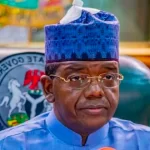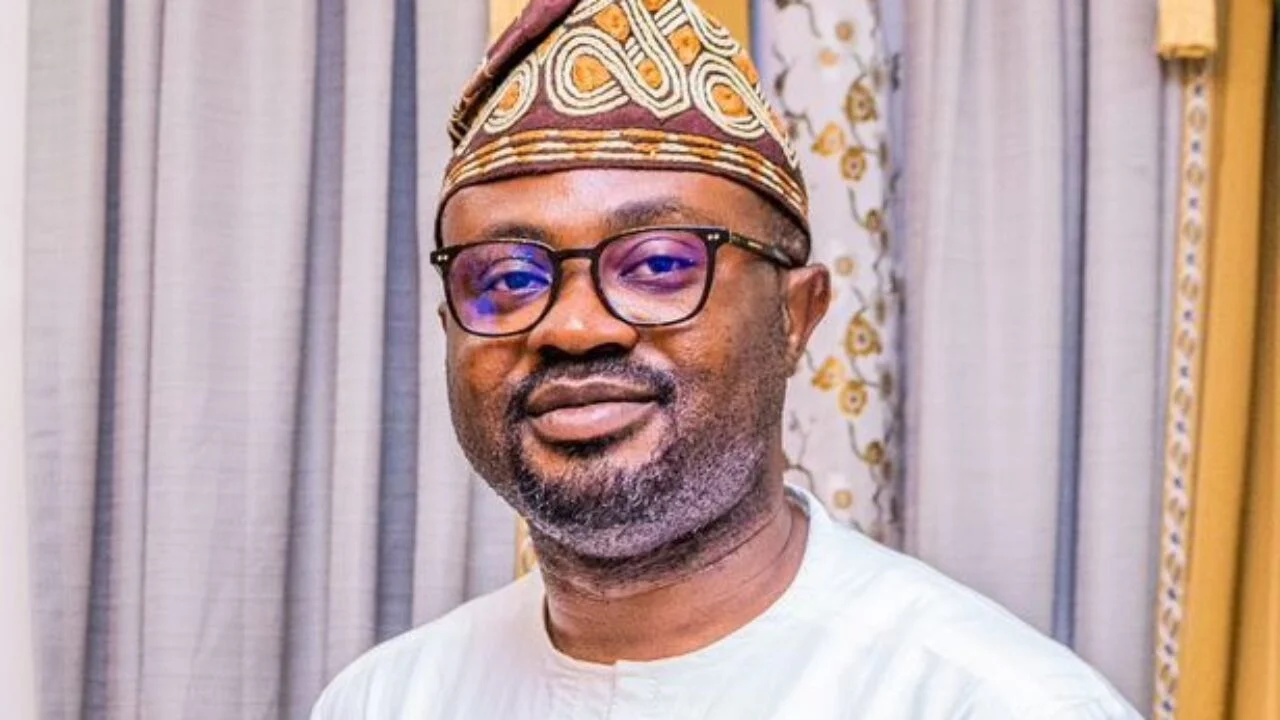
The Nigeria Labour Congress (NLC) has rejected proposals from some politicians to decentralize minimum wage negotiations, which would permit states to set their own minimum wages.
The ongoing negotiations for a new minimum wage have stalled for months, with stakeholders unable to find common ground.
While the federal government and the private sector have settled on a new minimum wage of N62,000, organized labor, represented by the Nigerian Labour Congress (NLC) and Trade Union Congress (TUC), is advocating for N250,000.
Organized labor argues that N62,000 is insufficient for the average worker, considering the significant rise in the cost of goods and services nationwide.
The federal government has expressed concerns over sustaining the proposed N250,000 minimum wage, estimating it would cost around N19 trillion annually.
Meanwhile, the private sector, led by NECA, has voiced its inability to meet the labor unions’ demands currently or in the near future, emphasizing the tripartite committee’s focus on job creation.
The negotiations for a new minimum wage have been contentious, resulting in a near-economic crisis with strikes that led to the shutdown of the national grid.
Offering some way out to the issue some politicians like former Ekiti State Governor, Dr. Kayode Fayemi, had earlier emphasized the need for states to conduct wage negotiations with their labour unions independently from the Federal Government.
Fayemi explained that the position of the Nigerian Governors’ Forum, which he once chaired, was that states should be allowed to negotiate with their labour unions separately, as “fingers are not equal.”
Explaining the broader implications of a centralized minimum wage, Fayemi noted that only a small percentage of the population benefits directly from minimum wage negotiations.
However, the NLC opposed the call for decentralizing minimum wage negotiations allowing states to have different minimum wages.
READ ALSO:Strike: FG proposes over N60,000 minimum wage to NLC/TUC
In rejecting the idea, the secretary of the NLC in Oyo State, Adebayo Aribatise, expressed concerns, noting that some state governors would bastardize the opportunity and it may also cause a disadvantage for workers.
Instead of decentralization, the NLC expressed support for the federal government to continue to champion the process while the state governors key into the agreement.
He said, “The fact remains that the law binds states to pay national minimum wage. It is expected that the federal government will continue to set the minimum wage. If not, some governors will continue to do as they like.”
“Some governors will bastardise the agreement if we allow it and junior workers will continue to earn nothing worthwhile,”
Intel Region News










